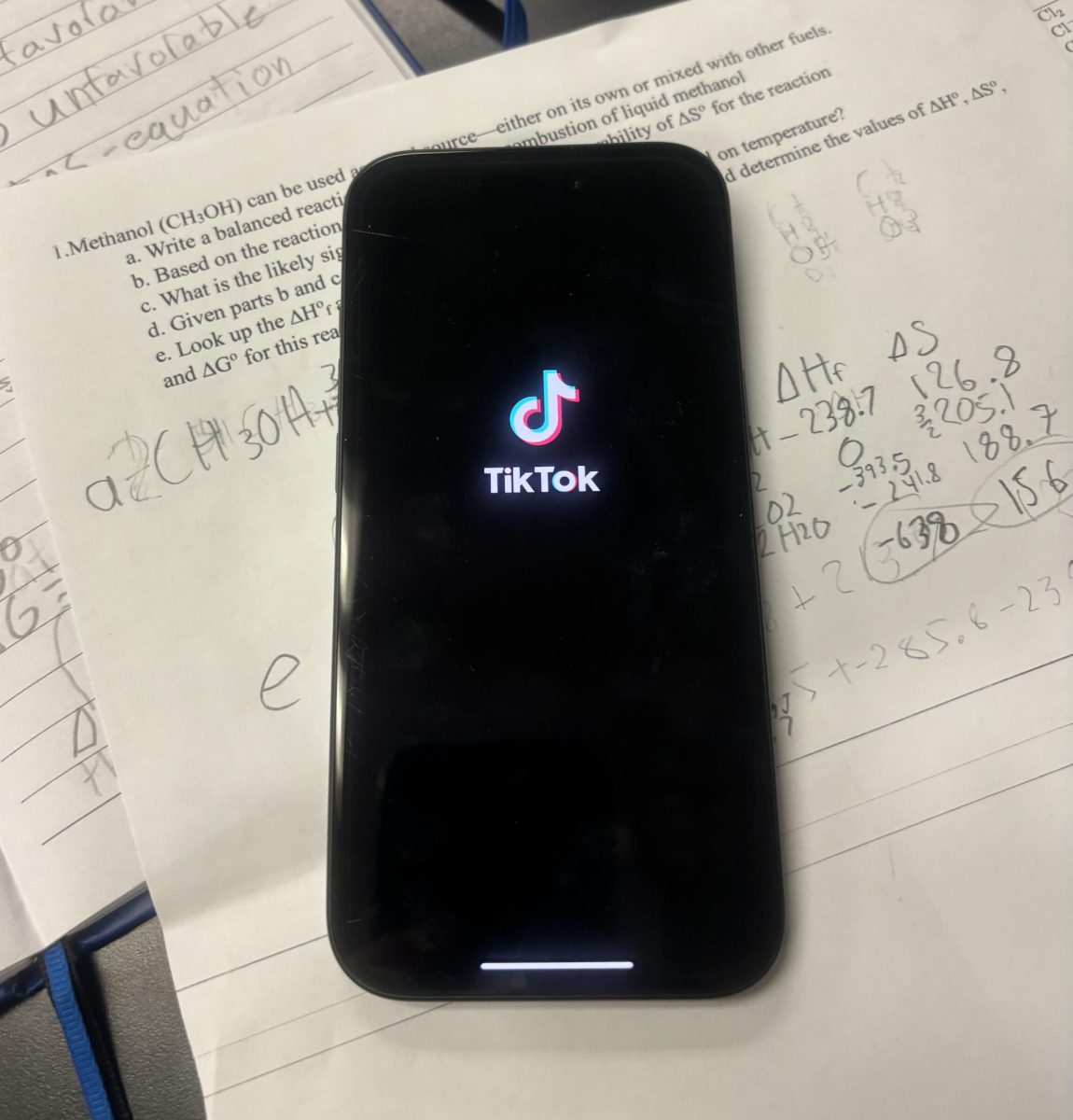Students facing punishment for non-threatening yet possibly offensive language outside of school should not face punishment in school, even if said language is vulgar, inappropriate, or in criticism of school staff or administration, because it would be a violation of the First Amendment right to free speech.
According to Layshock v. Hermitage School District, Layshock faced a 10-day suspension for creating a parody account of his principal, and he was ordered to finish high school at an alternative education program in the spring. On July 10th, 2007, a federal judge ruled this suspension was unconstitutional and ordered a jury trial to determine whether or not Layshock was entitled to compensation for the school’s violation of first amendment rights. He was eventually allowed to attend his regular classes and graduated in the spring of 2006.
In February of 2010, a three-judge panel of the circuit of appeals ruled that the Hermitage School District violated Layshock’s First Amendment right to free speech.
One could argue that Laylock may be guilty of defamation for creating a parody account of his school principal. The fact that he is a student of the same school district the principal was in should mean that he can face punishment from said school district.
However, Layshock created the account outside of school hours and off of school property. His account did not disrupt the school’s function. The court held that students cannot be punished for off-campus speech, even if it is vulgar or offensive, because it would violate the individuals’ right to free speech.
Since public schools are part of the state, it would be worrying to allow the state to punish individuals for speech under the guise of school authority’s “It would be an unseemly and dangerous precedent to allow the state, in the guise of school authorities, to reach into a child’s home and control his/her actions there to the same extent that it can control that child when he/she participates in school sponsored activities,” Chief Judge Theodore Mckee stated.








